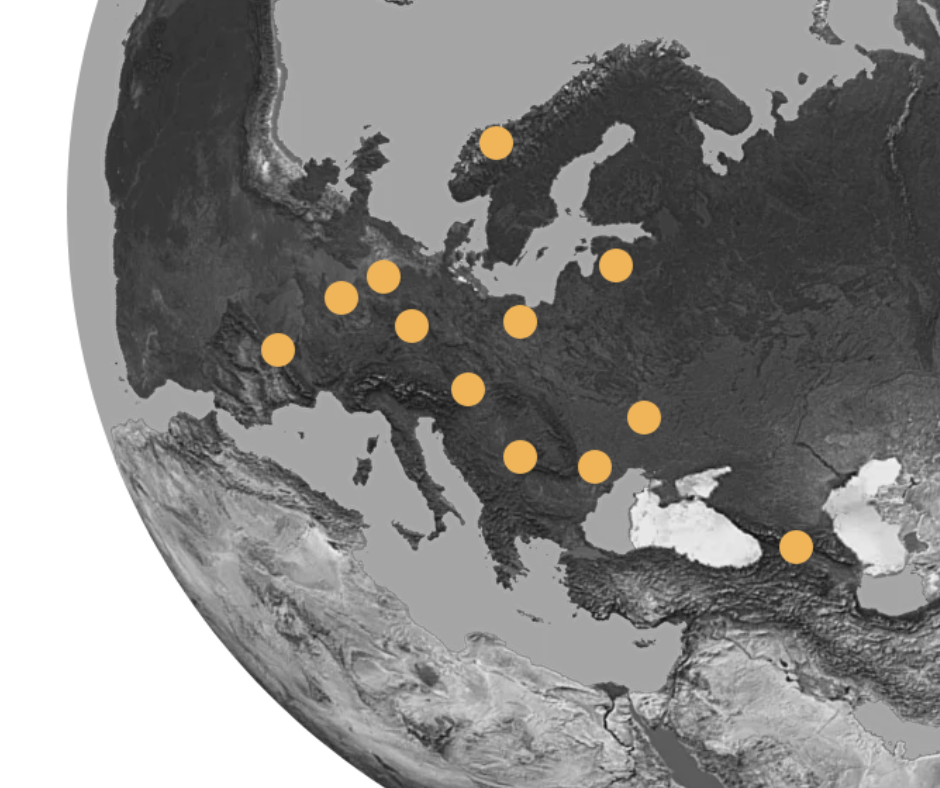Steven Blockmans
Senior Research Fellow, CEPS
The REUNIR project kicks off as Russia’s war in Ukraine enters its third year and Donald Trump’s latest assault on NATO sends shockwaves around Europe, confirming military assessments that Ukraine will fight a long war and that Russia could attack an alliance member in the coming years. Meanwhile, revelations about secret shipments of military-capable hardware to Russia by Iran, North Korea, the PRC and others expose a China-sized loophole in sanctions adopted by members of the G7.
Mirroring EU concerns about its own strategic autonomy, the worries of the Western Balkan six and three Eastern European candidate countries about their resilience look times bigger in the face of Russia’s armed aggression, China’s forays into the economic security realm, and Turkey’s not-so-subtle soft power.
With the EU shifting its attention from greening the economy to investing in defence, and polls suggesting a new wave of ‘alt-right’ victories in a crucial election year, divergences in spending priorities are re-appearing between member states. As a result, Ukraine and other candidate countries are increasingly at risk of being squeezed out of aid, at a time when continued US support hangs in the balance.
Past last December’s ‘peak’ enlargement decision to open membership talks with Ukraine and Moldova, the EU accession process will advance more slowly through the bureaucratic procedures administered by the European Commission. Despite Council declarations favouring ’gradual’ integration, the fresh financial incentives for Ukraine and the Western Balkans (but not Moldova and Georgia…) are conditional on predefined rule of law benchmarks to prevent or reverse democratic backsliding, and too small to shore up the fragile candidates’ resilience in and of themselves.
It is against this dramatic backdrop that REUNIR, a Horizon-funded project with 12 partners from across Europe, (incl. Ukraine, Moldova, Georgia and Serbia) will examine how the EU can strengthen its foreign and security toolboxes to bolster the resilience and transformation of candidate countries in a new age of international relations. REUNIR’s foresight approach will take the fundamental uncertainty and openness of alternative futures seriously. Adding the effects of ‘protean power’ unleashed in unforeseen circumstances to a multi-disciplinary approach to the research of the EU’s ‘control power’ in relations with strategic rivals, REUNIR will empirically assess foreign threats to the military, socio-economic and democratic resilience of nine neighbouring countries, determine capability shortfalls, map local perceptions of the EU’s support and political perspectives inside the EU on neighbourhood relations. Outlining scenarios up to 2035, REUNIR will offer evidence-based policy recommendations to mitigate malign foreign interference and contribute to the strengthening of the EU’s external action. More information about the project is available on this website and that of CORDIS: https://cordis.europa.eu/project/id/101132446.

